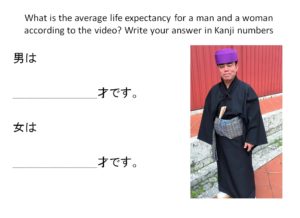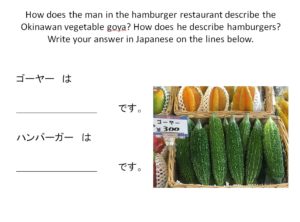One of the most powerful aspects of teaching is the potential to influence students. Although many teachers may feel powerless personally in the larger educational system, they can be extremely influential on a student’s development.
Last week I presented in Melbourne on growth mindset research. We discussed the impact our individual position on the growth and fixed mindset continuum can have on our perspective of ourselves and of our students. We noted that a growth mindset means we believe that anyone can improve with focus and practice, including ourselves and the students in our classes. If we have a fixed mindset, we may focus on the “best” students and discourage others from continuing due to their lack of “natural talent”. Dweck’s research showed that students who had a strong growth mindset had greater learning gains over time than those with a fixed mindset – even when the fixed mindset was a belief that they were clever or natural at something.
Recently I have developed a passion for formative assessment research (or Assessment for Learning as it is also known as). One of the key findings is that students around the world (including research in Japan, Hong Kong, Norway and Sweden) appreciate and learn well from task samples. This means if you are setting a self-introduction letter as a task, they want to look at other sample letters and have the opportunity to learn from those exemplars. They need opportunities to calibrate their understanding and expectations of themselves against the samples, and to reflect on the reactions of others towards those samples. 
So how does this relate to us as teachers? Dweck’s research demonstrated that we vary in our degree of fixed or growth mindset according to the context, and that we all have the potential to change our mindset. So we may have a growth mindset about learning language but a fixed mindset about technology. The key is to develop our metacognitive (thinking) skills to help us consciously transfer some of our growth mindset skills in one area, to other areas where we may be a little more fixed.
The best way to do improve the growth mindset of your students is to act as a growth mindset role model yourself. Show them how you face your own insecurities about a field (eg technology) and push yourself to have a go. Try a new website/activity/app with them and talk them through your thinking skills. Admit this is the first time to try it and that there may be some issues. Ask for feedback about what went well (or not so well), and more importantly how you could improve it next time. Commit together to trying it again. They will learn from your bravery and begin to see that feedback can be used as a tool for learning. It does not need to be a weapon of judgement in a summative context.
My personal challenge this month is Nearpod. I attended the talented Shingo Gibson-Suzuki’s workshop at the JLTAV conference on this topic. Shingo is very good at technology – but I recognise that his expertise is not only due to a natural talent in the field, but a honed skill developed through years of being curious about new applications and experimenting with them. Just watching Shingo doesn’t make me proficient in Nearpod. I need to use it myself and learn from the obstacles that arise. So this week I have made two Nearpod lessons. The first I loaded on my Facebook page to keep myself honest. I learned from that attempt. If I am honest with myself, the first attempt found me trying to do what I usually do in a new medium.
The second attempt I will share via the link below. In this version, I tried to take more on board the essence of Nearpod – that it is there to collect feedback and formative information from the students. This activity is linked to a unit on Okinawa which is chapter 4 of Jblog textbook 3.
https://share.nearpod.com/WtYQSIkJoM
If you find this lesson useful, you can email me (jblog1help@gmail.com) for an editable copy that you can use in your own classes. I also have a PDF with sample answers.
My challenge to you this month is to stretch yourself in an area of development. Choose one thing you have wanted to try and give it a go. Maybe it is an activity from some recent Professional Learning or just an idea you have been putting off due to other commitments. Prioritize your own learning and growth and model to your students your effort, bravery and commitment.
You may find your students will learn just as much from the experience as you do.
Reference : Dweck, C.S. (2006). Mindset: the new psychology of success. Random House.
Further reading:
You may also be interested in our post on growth mindset at https://www.mantenresources.com.au/teachers/blog/growth-mindset-more-than-just-a-poster-on-the-wall/
